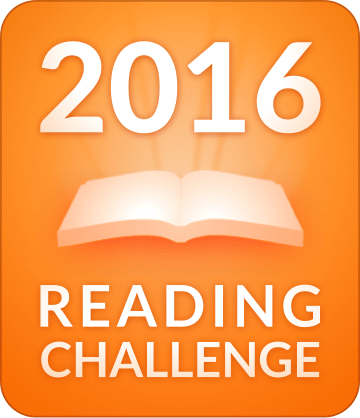Quick links, bringing you great articles on writing from all over the web.
This post from Self Publishing Advice Center from ALLI has reminded me about how neglected my poor Goodreads page is. Everyone talks about Facebook as the best for your dollar marketing tool, but Barb suggests you also give Goodreads a try. What do you think? Is Goodreads worth the time and effort or are you like me and neglecting it?
~ * ~
6 Ways for Indie Authors to Use Goodreads to Network
Goodreads is often the site that is dismissed as difficult to navigate or full of nasty people. Let’s talk about these elephants shall we?
- Can Goodreads be difficult to navigate? I think so. But like learning to write excellent dialogue, navigating Goodreads can be learned with a little bit of patience.
- Is Goodreads full of nasty people? Not really. There are 50 million account holders on Goodreads. In a group that large there are bound to be nasty people. Take your local mall as an example. Not everybody there is pleasant, yet you continue to shop there. You develop a way to cope with the nasty people – you can do the same on Goodreads.
The Enormous Potential Reach of Goodreads
Goodreads had 50 million readers all in on place. What could be a better place for finding readers, especially for the beginning author – or the author trying to make contacts in new countries, ?
But just like you would never stand in the middle of your local public library holding your book and yelling at everybody to read it, that behavior is not acceptable on Goodreads either. So put on your reader’s hat, grab yourself a cup of coffee and think about six distinct networking possibilities.
Read the full post on Self Publishing Advice Center

 By
By Today’s post is by social media expert Frances Caballo:
Today’s post is by social media expert Frances Caballo:

